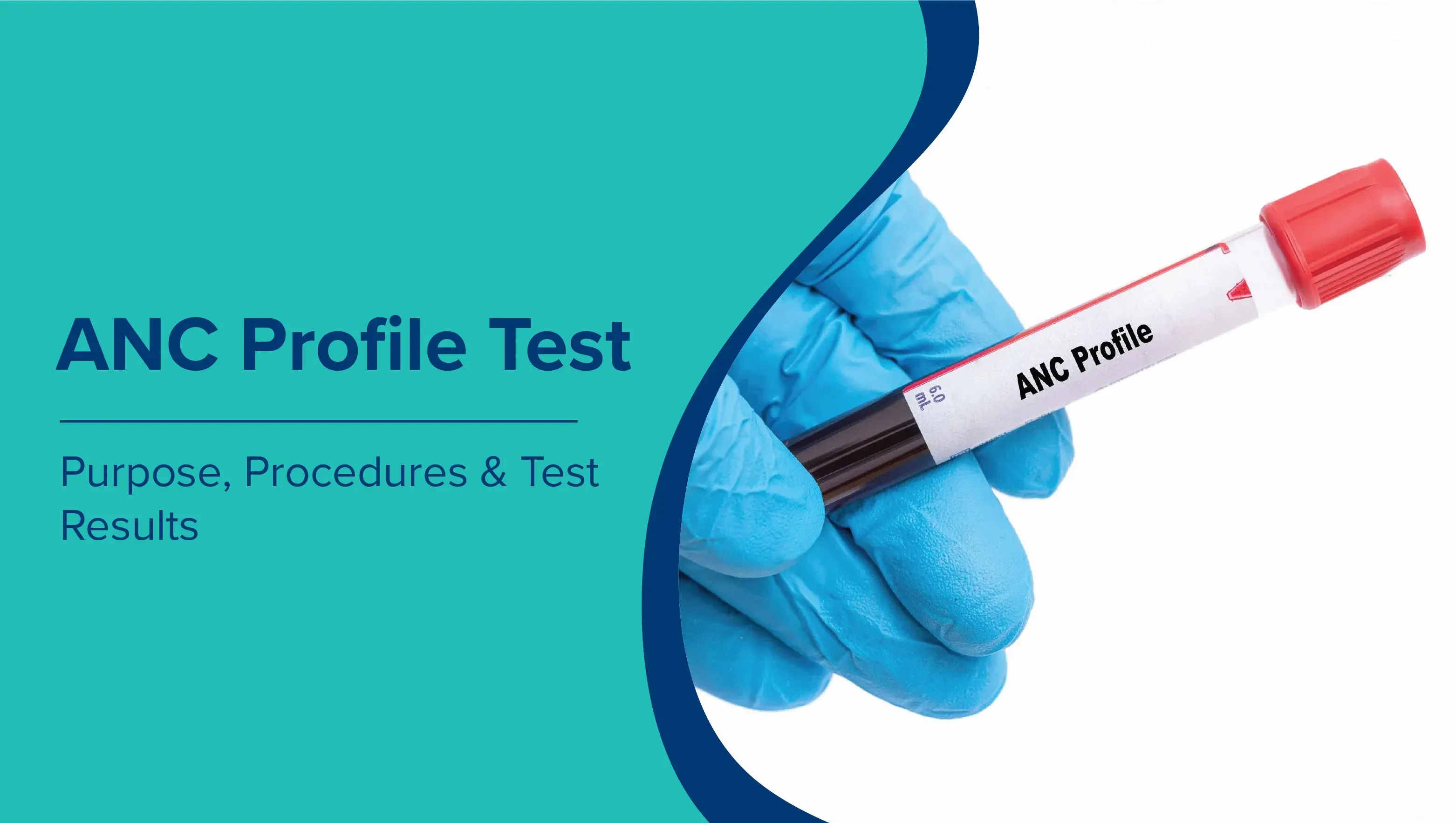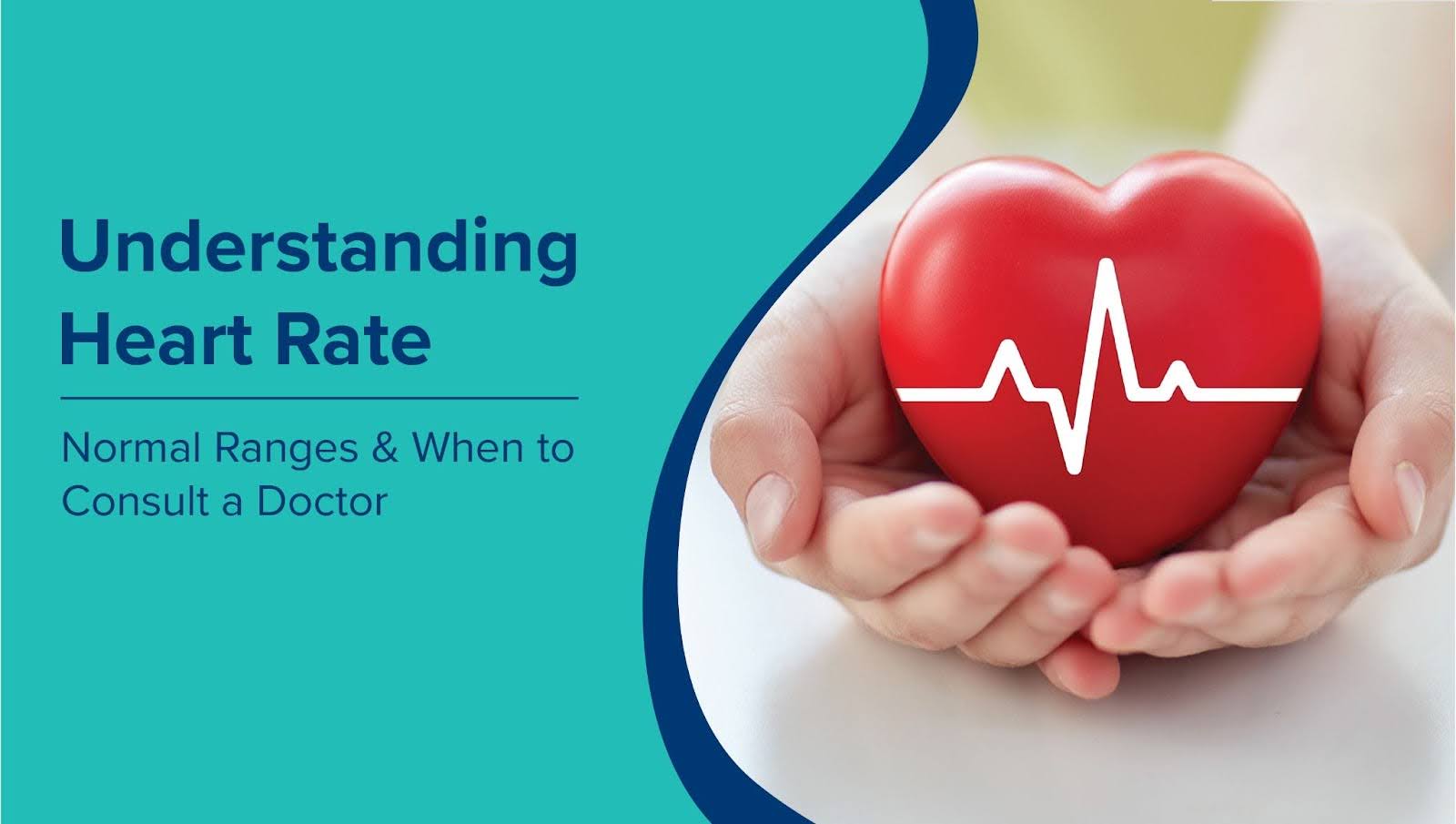Hair fall is one of the most common concerns faced by men and women alike, often linked not just to genetics or styling habits but to everyday nutrition. While shampoo and oils play their part, the real strength of hair begins from within, through a steady supply of vitamins and minerals that help support growth and reduce thinning. In this guide, we outline the vitamins that are good for hair, the role of supplements such as biotin for hair growth, and how simple home remedies can make a visible difference. Let’s begin.
Understanding Hair Growth and Its Nutritional Needs
Hair growth is a continuous process that follows a natural cycle of growth, rest, and shedding. On average, a healthy scalp loses 50 to 100 strands per day, but when the body lacks essential nutrients, this cycle gets disrupted, leading to noticeable hair fall, thinning, or slower regrowth.
Each strand of hair is made up of a protein called keratin, and for this to be produced consistently, the body needs a regular supply of vitamins, minerals, and amino acids. Deficiencies in nutrients such as iron, biotin, zinc, or Vitamin D can weaken the hair follicles, reduce scalp circulation, and slow down cell regeneration, all of which contribute to poor hair health.
Before turning to topical solutions or cosmetic fixes, it's important to examine the internal factors. Nourishing the body from within plays a key role in restoring strength, shine, and thickness to the hair.
Vitamins that Support Hair Growth
Multiple vitamins play a key role in keeping the scalp nourished, strengthening hair roots, and promoting thicker, healthier strands. Here is a list of the best vitamins for hair growth:
- Vitamin A: Helps produce sebum, the natural oil that keeps the scalp moisturised. A healthy scalp supports steady hair growth and reduces dryness.
- Biotin (Vitamin B7): One of the most popular hair vitamins, Biotin strengthens strands, reduces breakage, and supports the production of keratin - a key protein in hair.
- Vitamin C: An antioxidant that protects hair follicles from oxidative damage. It also aids collagen production and improves iron absorption, both of which are essential for healthy hair.
- Vitamin D: Plays a role in forming new hair follicles. Low levels of Vitamin D are often associated with hair thinning and alopecia.
- Vitamin E: Supports better blood flow to the scalp and helps repair damaged follicles. It also acts as a shield against environmental stressors.
- Iron and Zinc (essential minerals): Iron ensures oxygen reaches the hair roots, while zinc supports follicle repair and growth. Deficiencies in either can lead to hair loss and poor hair texture.
The Role of Biotin for Hair Growth
Biotin, also known as Vitamin B7, is one of the most popular nutrients linked to stronger, faster-growing hair. Often featured in shampoos and supplements, biotin for hair growth has gained popularity for good reason: it plays a vital role in the production of keratin, the protein that forms the structure of hair. When biotin levels are low, hair may become weak, brittle, or fall out more easily. While biotin deficiency is rare, factors like poor diet, digestive disorders, or long-term use of certain medications can affect absorption.
Benefits of biotin for hair include:
- Reduced hair thinning and breakage
- Improved hair texture and shine
- Strengthened hair shafts and roots
- Support for overall scalp health
Biotin is found in foods like eggs, almonds, sweet potatoes, and seeds. However, in cases of noticeable hair fall or after consulting a doctor, biotin supplements may be recommended to support healthy regrowth.
Iron Deficiency and Hair Loss: The Overlooked Link
One of the most common but often unnoticed causes of hair thinning is low iron levels. Iron deficiency hair loss can affect both men and women, especially those with anaemia, heavy menstrual cycles, pregnancy-related depletion, or a diet low in iron-rich foods. Iron also helps carry oxygen to the cells, including hair follicles. When iron levels drop, the follicles may not get enough oxygen and nutrients, leading to:
- Increased hair fall or diffuse thinning
- Weak, brittle strands
- Slower regrowth after shedding
Low ferritin levels (a measure of stored iron) are particularly linked to hair loss, even if haemoglobin levels are still within normal range. This is why a full blood workup may be needed to confirm the root cause.
Correcting iron deficiency through food or supplements, under medical supervision, can restore hair health over time. Foods such as spinach, lentils, red meat, pumpkin seeds, and fortified cereals can help improve iron levels naturally.
Hair Growth Supplements and When to Consider Them
While a balanced diet remains the best source of essential nutrients for hair health, supplements can be helpful when dietary intake falls short, especially during periods of hair thinning, post-illness recovery, or hormonal shifts. Here’s what an effective hair supplements blend typically include:
- Essential vitamins and minerals such as Biotin, Vitamin D, Vitamin C, Iron, and Zinc (covered in the earlier section)
- Folic acid (Vitamin B9) to support cell regeneration and follicle activity
- Amino acids such as L-cysteine to help strengthen the hair structure
- Plant-based extracts such as saw palmetto and ginseng, which may improve scalp circulation and reduce inflammation linked to hair shedding
Supplements are not a quick fix, but they can complement a healthy routine when used correctly. It’s important to consult a healthcare provider before starting any supplement, particularly for individuals who are pregnant, breastfeeding, or managing chronic conditions.
Natural Remedies for Hair Fall That Support Vitamin Absorption
While supplements and diet play a major role in hair growth, certain natural remedies for hair fall can complement vitamin absorption and improve scalp health. These traditional approaches not only nourish the hair externally but also support circulation and the body’s ability to utilise key nutrients.
Effective home-based remedies include:
- Amla (Indian gooseberry): Rich in Vitamin C, amla enhances iron absorption and supports collagen production. Drinking amla juice or applying amla oil can revitalise weak hair.
- Methi (Fenugreek seeds): High in protein and iron, soaked methi seeds can be ground into a paste for scalp application or consumed for internal benefits.
- Lemon and coconut oil massage: Improves blood flow to hair roots and supports scalp hygiene, helping other nutrients reach the follicles more effectively.
- Curry leaves and hibiscus: Used in oils or hair masks, these ingredients may reduce oxidative stress and encourage growth.
- Onion juice: Known to stimulate follicles and improve hair density when applied regularly.
These remedies are not substitutes for medical treatment but can be helpful additions to a vitamin-rich routine for managing mild hair fall and supporting overall hair health.
Balanced Diet Tips for Healthy Hair
Nutrient deficiencies are a major contributor to hair loss. Incorporating the right foods into your daily meals can naturally supply the vitamins for hair growth and thickness, supporting stronger, healthier strands over time.
Hair-friendly foods to include:
- Leafy greens (like spinach and methi): Rich in iron, folate, and Vitamin C
- Nuts and seeds (like almonds, walnuts, sunflower seeds): Packed with Vitamin E, zinc, and healthy fats
- Eggs and dairy: Excellent sources of biotin and protein
- Lentils and legumes: Provide iron, protein, and zinc for follicle health
- Citrus fruits and amla: Support collagen formation and iron absorption
- Fatty fish (like salmon): A good source of Vitamin D and omega-3 fatty acids
Avoid crash diets or overly restrictive eating plans, which can starve the hair follicles of essential nutrients. Instead, focus on regular, well-balanced meals that deliver a mix of protein, healthy fats, complex carbs, and micronutrients. Hydration also plays a role, therefore it is advisable to drink enough water to maintain scalp circulation and nutrient delivery.
When to See a Doctor for Hair Loss
While mild hair fall can often be managed with diet, supplements, and home remedies, certain signs may point to deeper health issues that require medical evaluation.
Consult a doctor if you experience:
- Sudden or excessive hair shedding that doesn't improve
- Patchy bald spots or receding hairline
- Hair loss accompanied by fatigue, weight changes, or irregular periods
- Scalp irritation, redness, or flaking
- No improvement after several months of self-care or supplements
These symptoms may indicate underlying conditions such as thyroid imbalances, anaemia, PCOS, or autoimmune disorders, which often affect nutrient absorption and hormone levels linked to hair growth. Getting the right tests, like iron, Vitamin D, Vitamin B12, thyroid function, or hormone panels, can help identify the root cause and guide proper treatment. Early diagnosis often leads to better outcomes.
How MaxAtHome Supports Hair Health with Diagnostic Testing
Hair fall is often a visible sign of something deeper, such as nutritional gaps, hormonal changes, or metabolic imbalances. MaxAtHome makes it easier to identify the root cause with a range of essential at-home diagnostic tests tailored to hair health. Services that support hair growth management include:
- At-home blood tests for iron, Vitamin D, B12, and thyroid function: These tests help detect common deficiencies and imbalances linked to hair thinning and breakage.
- Sample collection at your doorstep: A trained phlebotomist visits at a convenient time, ensuring comfort and hygiene during the process.
- NABL-accredited lab reports: All samples are processed in quality-certified labs for accurate and trustworthy results.
- Fast digital reports: Test results are shared via WhatsApp, email, or the MaxAtHome platform within 24–48 hours, enabling timely action.
- Availability in major cities: MaxAtHome providesservices across Delhi-NCR, Mumbai, Chandigarh, and more, making it easy for people to get tested without stepping out.
Book Your Test Today
Healthy hair begins with understanding what the body needs. Whether it’s iron deficiency, low Vitamin D, or hormonal imbalance, timely testing can uncover the root cause of hair loss and guide effective solutions. Schedule your test online through our easy-to-use booking platform or call 09240299624 to arrange a home sample collection at your convenience. MaxAtHome makes it easier to care for your hair, right from where you are.
Frequently Asked Questions
Q: What are the best vitamins for hair growth and how do they work
The best vitamins for hair growth include Biotin (Vitamin B7), Vitamin D, Vitamin C, and Vitamin E. These nutrients support hair by strengthening follicles, improving scalp circulation, stimulating new hair growth, and preventing breakage. Iron and zinc, though minerals, also play a crucial role in maintaining hair density and reducing shedding. When taken consistently through diet or supplements, these nutrients can help improve hair thickness, texture, and overall health.
Q: Can I take hair growth supplements every day
Yes, most hair growth supplements are designed for daily use, but it's best to follow the dosage recommended on the label or prescribed by your doctor, especially if you have any health conditions.
Q: How long does it take to see results from hair vitamins
Visible results may take 8 to 12 weeks, depending on the severity of deficiency, supplement quality, and your overall diet and lifestyle.
Q: Are natural remedies for hair fall effective
Natural remedies for hair fall like amla, coconut oil, methi, or onion juice may help support circulation and nutrient absorption, but they work best when combined with proper nutrition and clinical evaluation.
Q: How does iron deficiency cause hair loss
Iron deficiency hair loss happens when low iron levels reduce oxygen supply to hair follicles, weakening the strands and causing increased shedding. A blood test can help confirm iron levels.
Q: Can MaxAtHome help test for vitamin deficiencies linked to hair loss
Yes. MaxAtHome offers at-home blood tests for iron, Vitamin D, B12, and thyroid function, all commonly linked to hair health. Reports are delivered within 24–48 hours for quick follow-up.















